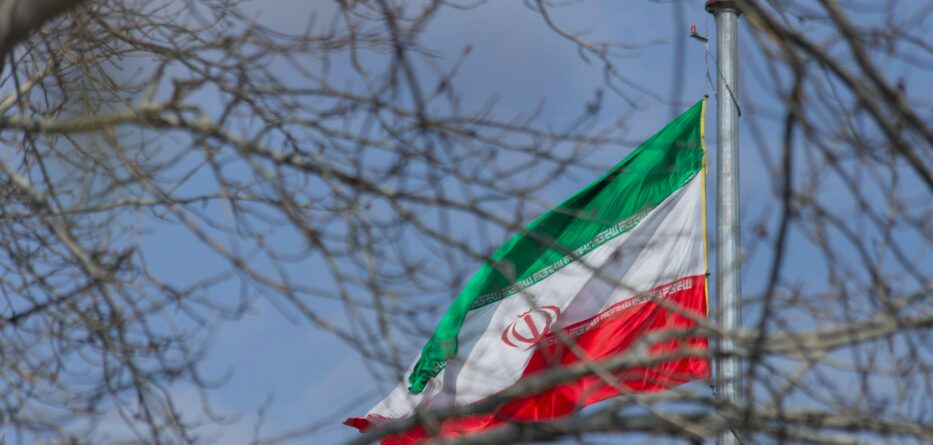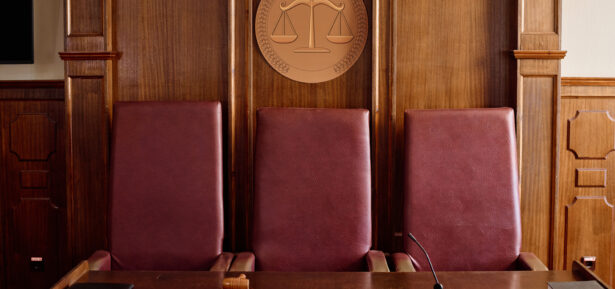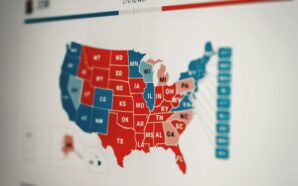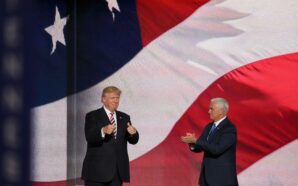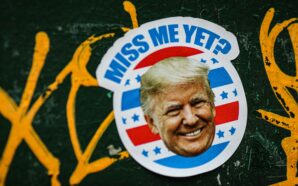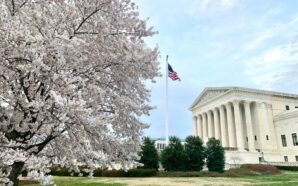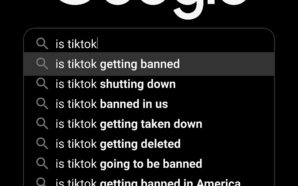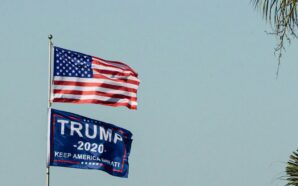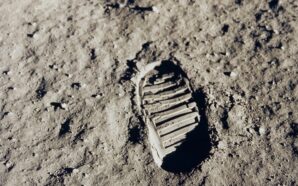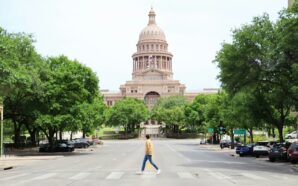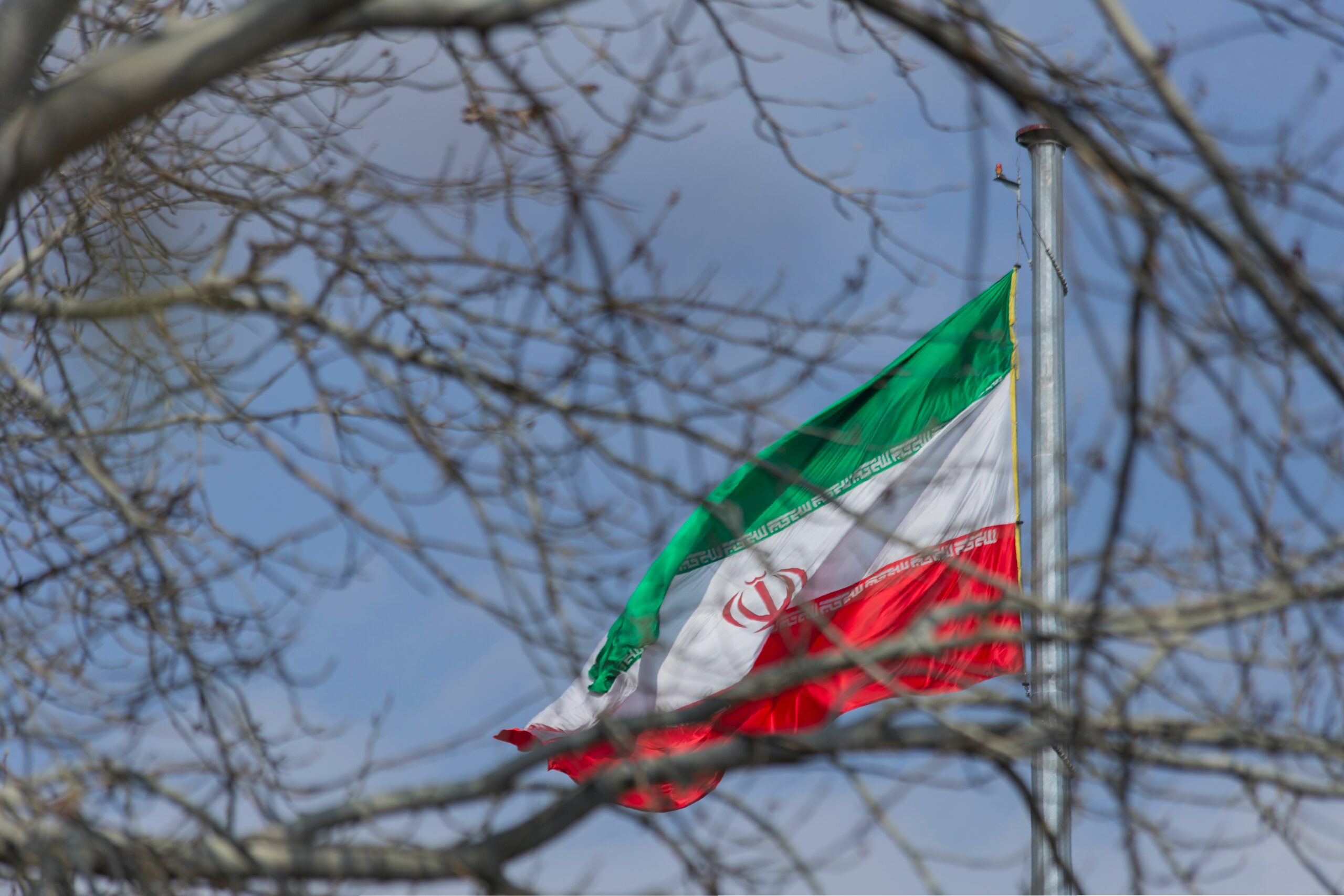

Credit: Unsplash
Diplomacy Triumphs as Ten Lives and Billions in Frozen Funds Find Resolution
In a significant diplomatic milestone, Iran and the United States have successfully completed a long-awaited prisoner exchange, highlighting the potential for diplomatic solutions to complex international issues. After two years of arduous indirect negotiations mediated by Qatar and Oman, Tehran and Washington exchanged five American and five Iranian prisoners at an airport in Doha on Monday.
This exchange also involved the release of $6 billion of Iran’s own funds, which had been frozen for years in South Korea due to unilateral U.S. sanctions imposed after the United States withdrew from the Iran Nuclear Deal in 2018. Following a waiver issued by the U.S., the money was converted into euros and transferred to banks in Qatar via Switzerland, facilitating this crucial step in improving diplomatic relations.
Among the Iranian prisoners held in Iran, three have been identified: Siamak Namazi, Emad Sharghi, and Morah Tahbaz, all of whom faced espionage-related charges. Tehran consistently referred to them as “spies” while Washington referred to them as “hostages.”
Conversely, most Iranian prisoners in the U.S. faced charges related to violating sanctions, with Tehran characterizing them as “businessmen” unfairly detained due to U.S. sanctions they deemed unlawful.
https://x.com/CitizenFreePres/status/1703765772080742758?s=20
Despite the differing rhetoric surrounding these prisoners, Iran’s political landscape and media outlets largely viewed this exchange as an achievement in diplomacy. The ultraconservative newspaper Keyhan’s headline, “America Kneels Before Iran,” emphasized the transfer of Iran’s blocked reserves in South Korea as a diplomatic success under President Ebrahim Raisi’s leadership.
The reformist Shargh newspaper described the exchange as a “positive diplomatic step,” while the conservative Quds newspaper celebrated it as a “Diplomatic Hat-Trick,” combining the exchange with President Raisi’s visit to the United Nations General Assembly and the arrival of Saudi football teams and superstar Cristiano Ronaldo in Tehran.
In New York, President Raisi suggested that the prisoner exchange, which Iran has consistently framed as a humanitarian issue, could have occurred sooner with different U.S. actions. He referenced protests in Iran following the death of Mahsa Amini in police custody on September 22, insinuating U.S. involvement in the unrest.
Following the prisoner exchange, Iran’s foreign ministry released a statement emphasizing that while this event marked a positive development, past grievances, including ongoing U.S. sanctions, would not be forgotten. The statement highlighted the impact of U.S. actions on Iran’s access to its own funds during the COVID-19 pandemic, stressing the importance of humanitarian concerns.
-
President Joe Biden’s reelection strategy takes a surprising turn as the Rust Belt, not the Sun Belt, emerges as...
-
In a significant legal development, U.S. District Judge Aileen Cannon has declined former President Donald Trump’s request to dismiss...
-
Major Collision Causing the Collapse of the Bridge The recent collapse of the Francis Scott Key Bridge in Baltimore,...
-
Donald Trump is on the brink of a crucial deadline in a business fraud case, with just a few...
-
Sylvia Gonzalez, a newly elected city council member in a small Texas community, was embroiled in controversy when she...
-
Is TikTok Getting Banned in the States? The United States House of Representatives has voted with bipartisan support to...
-
The 2024 Election Race Continues Between Joe Biden and Donald Trump With the 2024 general election drawing closer, President...
-
Another Successful Moon Landing Intuitive Machines, a commercial space company, has achieved a remarkable feat by landing its Odysseus...
-
Has the State of USA Improved Since Trump’s Presidency or Gotten Worse? Given the current climate of the United...
-
In a surprise speech delivered from the White House, President Joe Biden addressed the recent special counsel’s report and...
-
Is Texas Taking the Right Step Towards a Better America? The Austin Guaranteed Income Pilot, Texas’s pioneering tax-payer-funded basic...
-
Newly Released Footage Reveals Arrest at Miami Airport Newly released body camera footage reveals the arrest of 73-year-old Donna...

